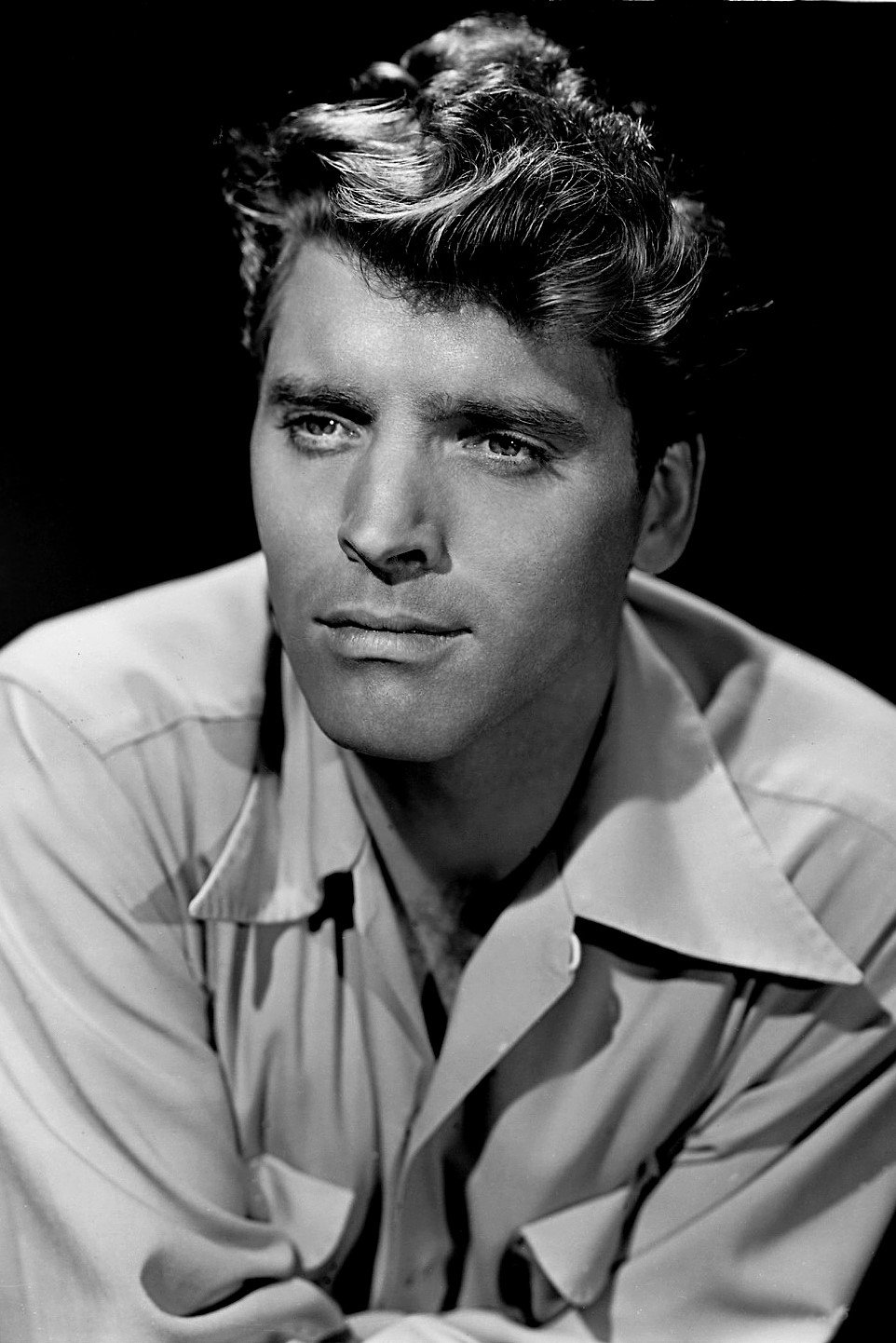
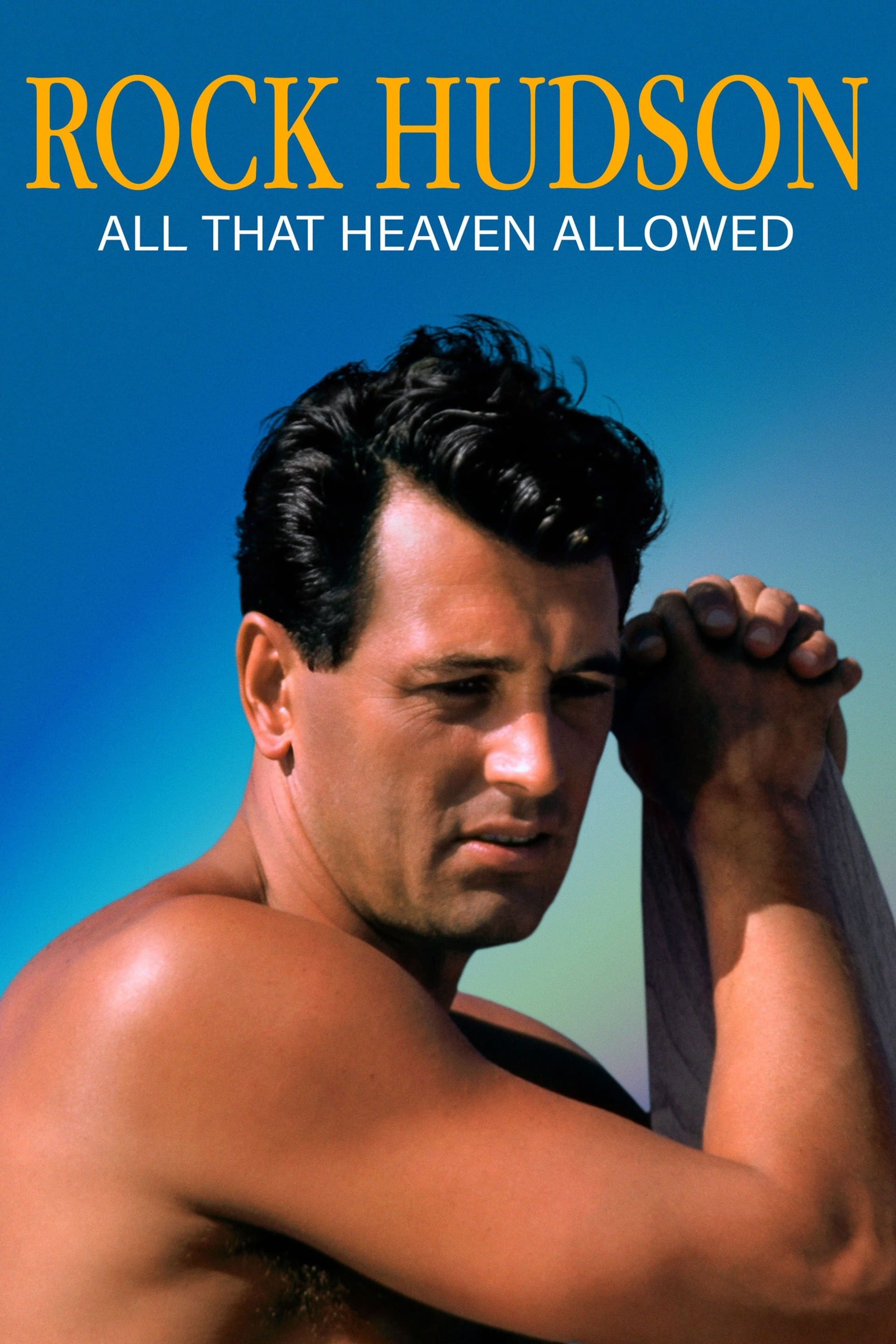
This timely exploration of Hollywood and LGBTQ+ identity examines the life of legendary actor Rock Hudson, from his public "ladies' man" persona to his private life as a gay man.
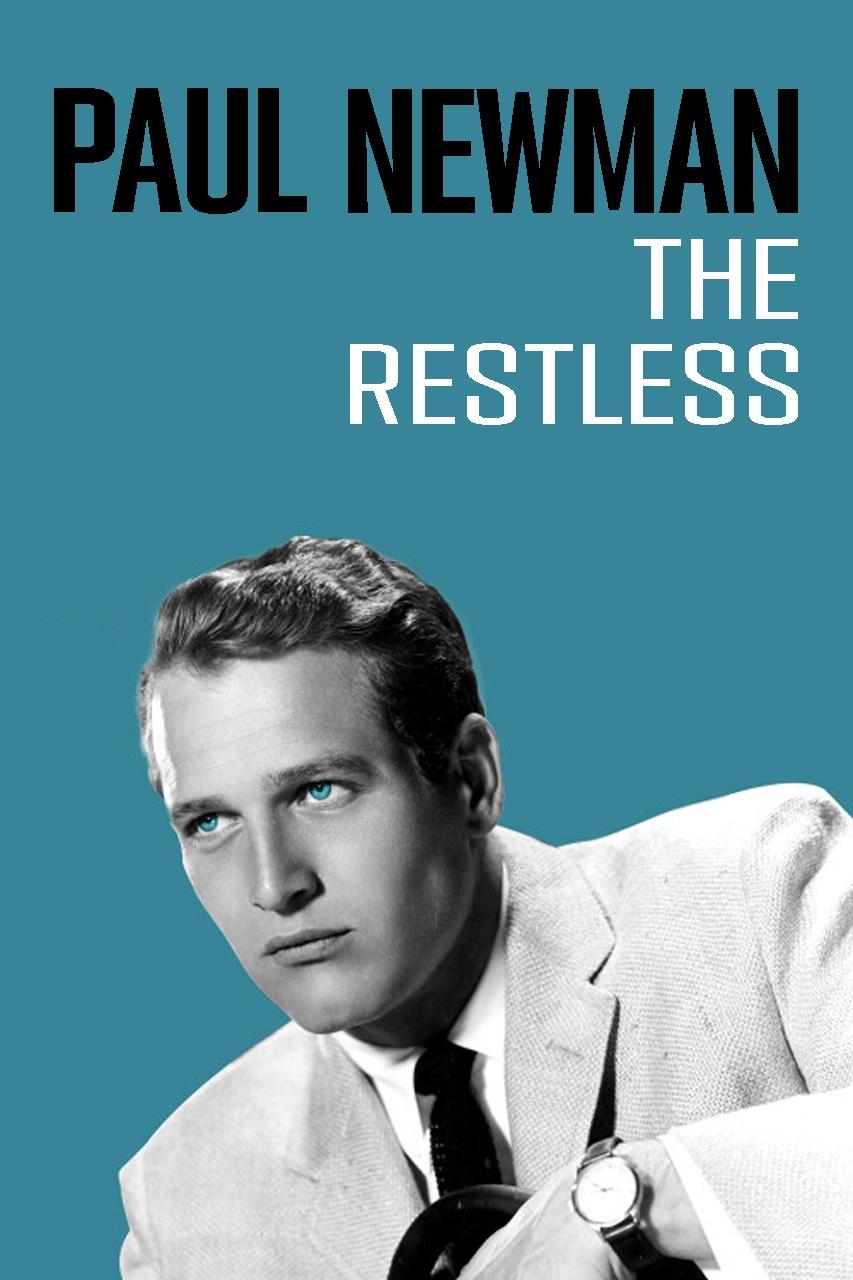
Multi-talented, Paul Newman is one of the greatest American actors of all time. With his silhouette of a Greek statue and his unreal blue eyes, he embodied the quintessential Hollywood star. But he never seemed satisfied. The son of a Jewish sporting goods retailer who despises him and a Catholic mother who adores him, driven by self-doubt and an inherited need for approval from his childhood, he has worked throughout his fifty-year career to break the image of the pretty boy. He made his first experiences in the famous Actors Studio. The breakthrough as a screen star came in 1958 with "Cat on a Hot Tin Roof". From then on he preferred characters on the edge of the American dream. With archive images and film excerpts, the documentary paints a portrait of a socio-politically committed man with many facets and also pays tribute to the role of his wife Joanne Woodward.
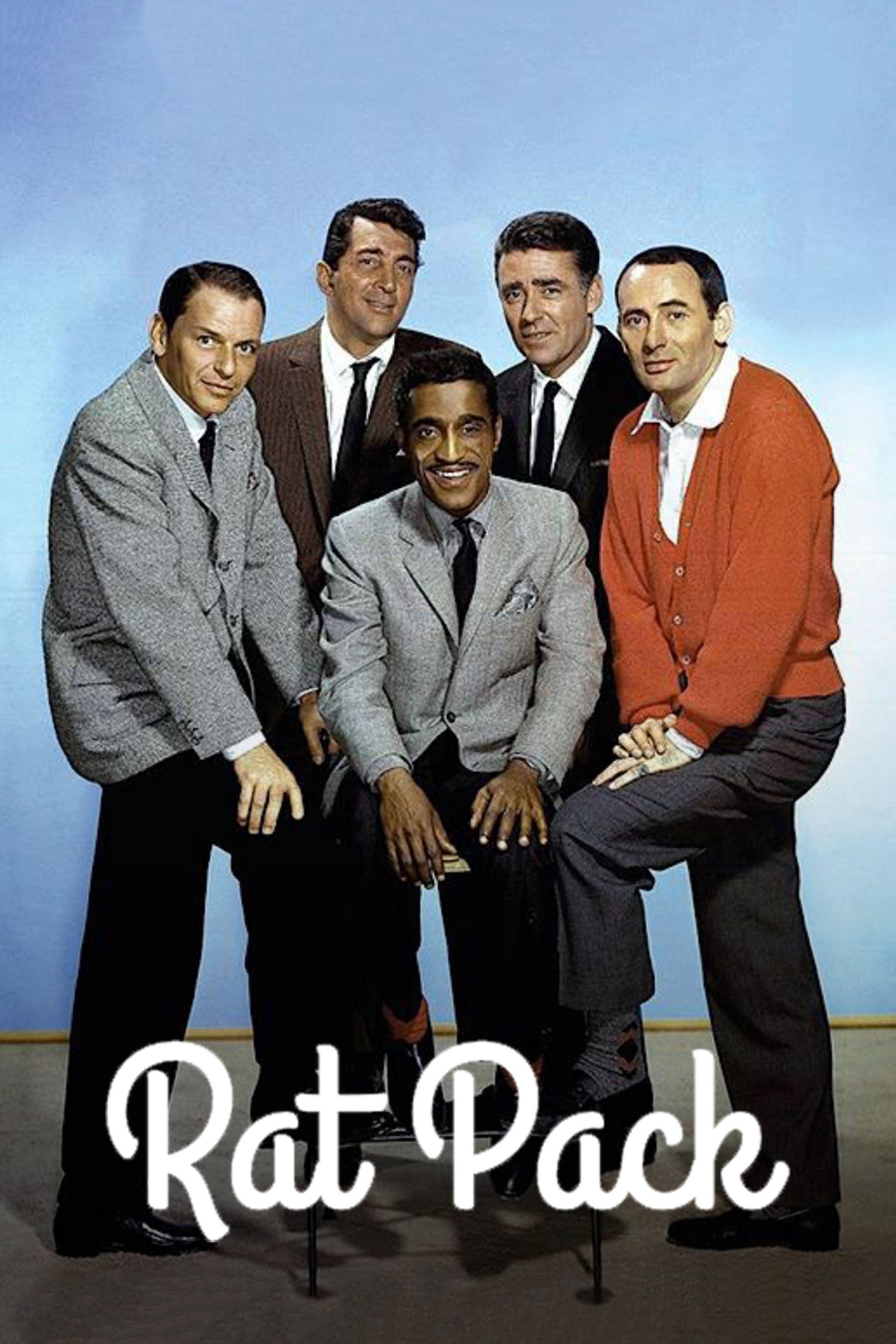
In the 1950s, a small group of artists monopolized the attention of the cameras and the public. Frank Sinatra, Dean Martin, Sammy Davis Jr., Joey Bishop and Peter Lawford together form the "rat pack": they sing the most popular hits of the moment, star in the most profitable Hollywood films and are already making a splash on television . This documentary, produced by a recognized specialist in the history of Hollywood, recounts the exceptional destiny of this informal group which flirted with the greats of this world, notably through Sinatra, personal friend of American President Kennedy.
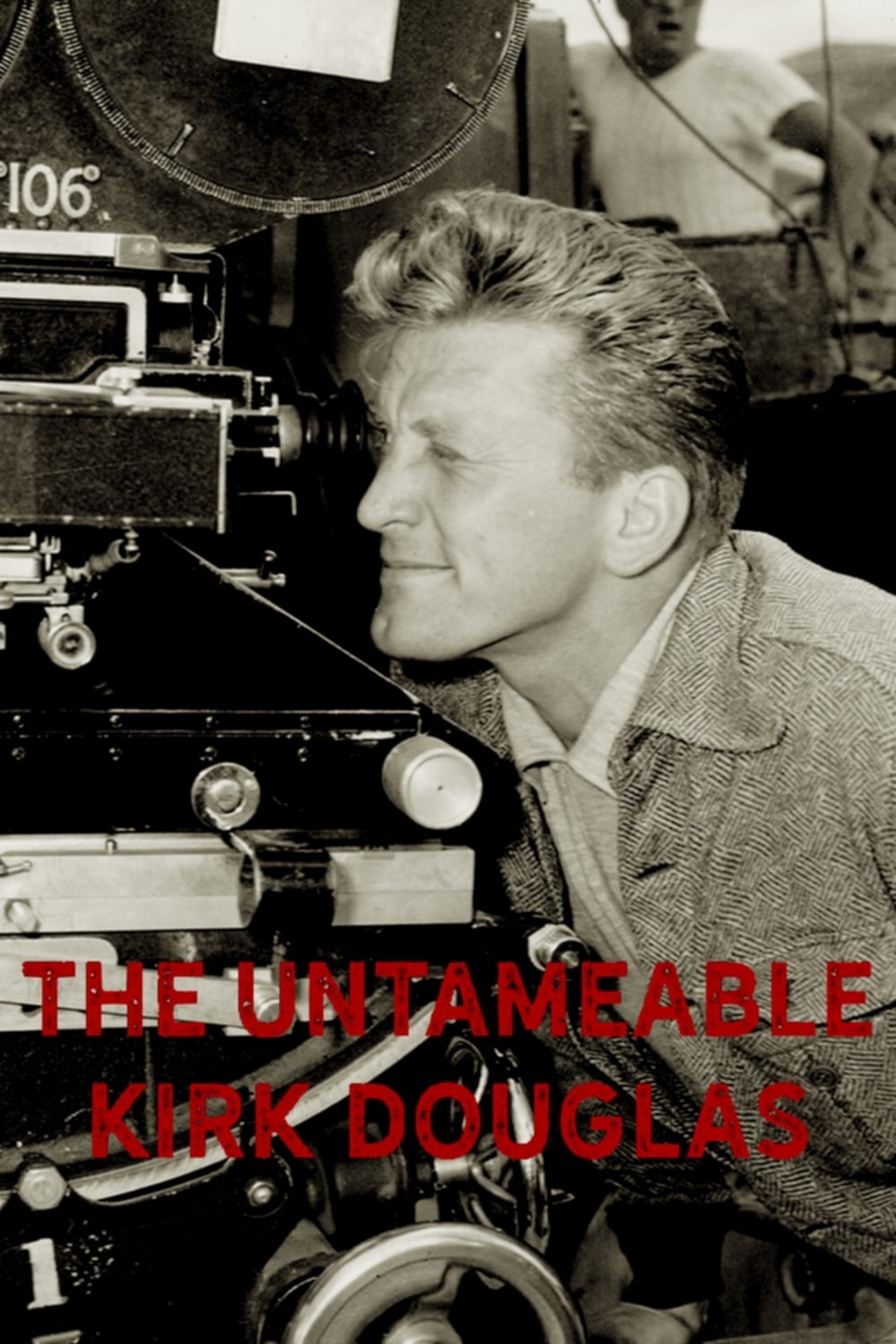
The story of actor Kirk Douglas, the man and the legend, one of the last stars of the Golden Age of Hollywood. An epic journey through the 20th century and the entire history of Hollywood. A testimony of the huge scope of his life and the scale of the myth. The untameable Kirk Douglas, the ragman's son.
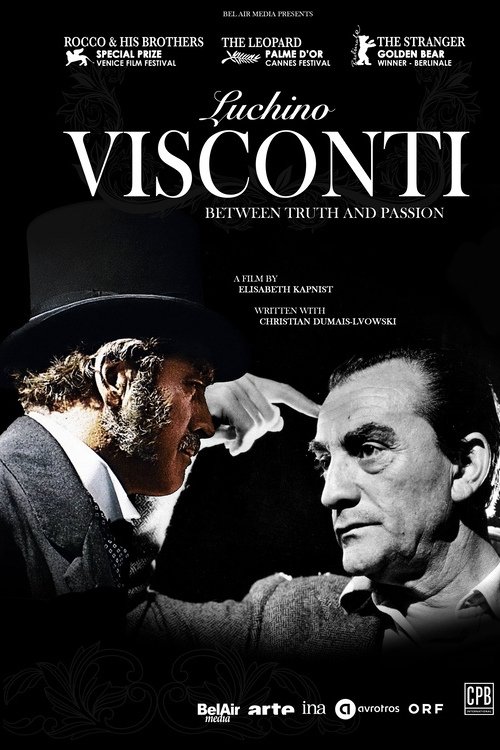
Forty years after his death, this documentary pays tribute to one of the major filmmakers of Italian cinema, to an original work that continues to inspire today's cinema. Coming from one of the greatest families of the Italian aristocracy, he could have been a rich and cultured man, living in opulence and idleness, but Luchino wanted a different destiny. This is the story that director Elisabeth Kapnist and Christian Dumais-Lvowski wanted to tell. Count Visconti di Modrone wears the clothes of a legend that he never stopped shaping throughout his life. This documentary reconstructs the fabric of a brilliant life, dedicated to art; theater, opera, and cinema. This artistic work is also that of a committed man, who was a fellow traveler of the Communist Party, and who resisted fascism.
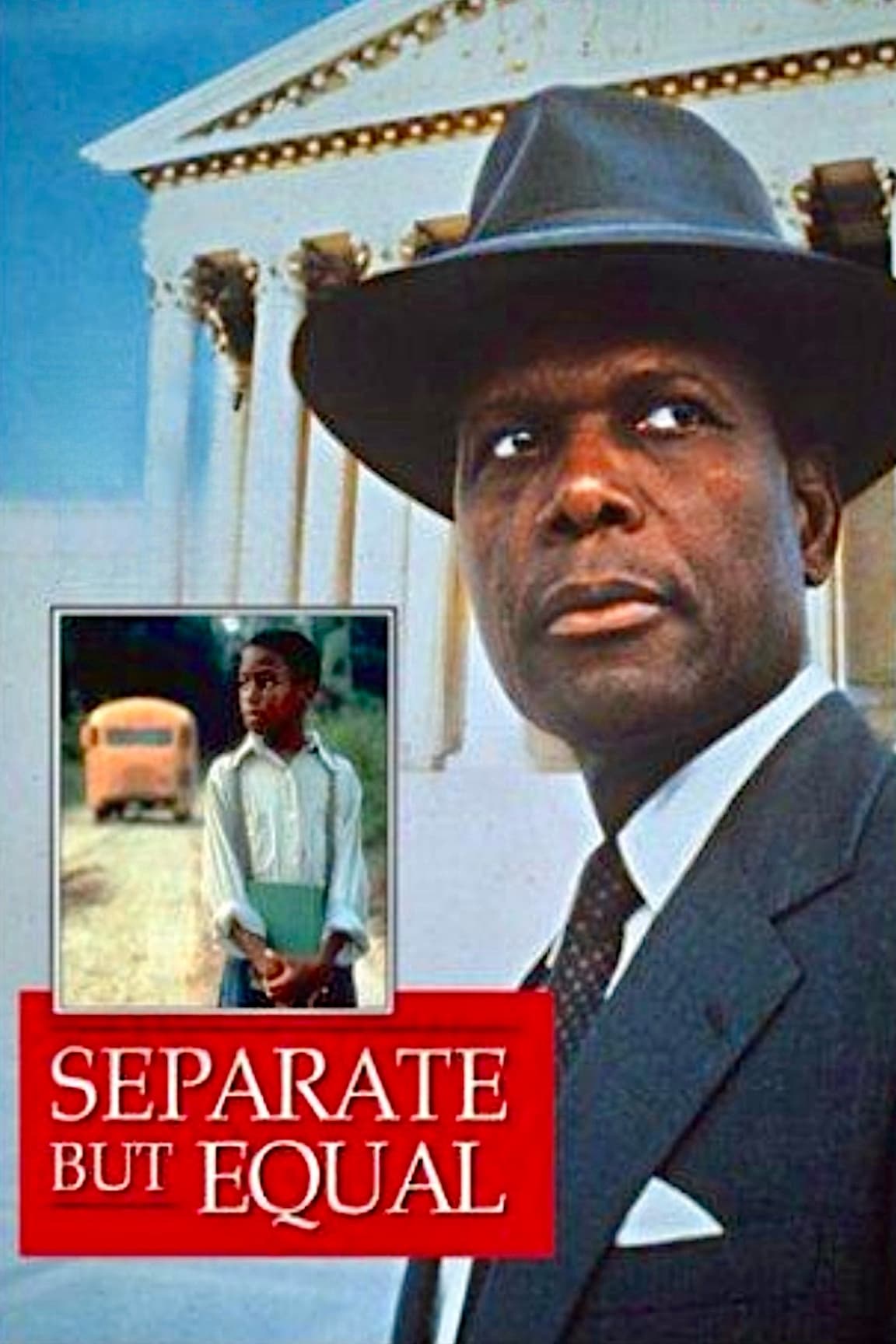
A two-part miniseries. Dramatizes the events leading up to the 1954 Supreme Court decision on school desegregation, "Brown vs. Board of Education."
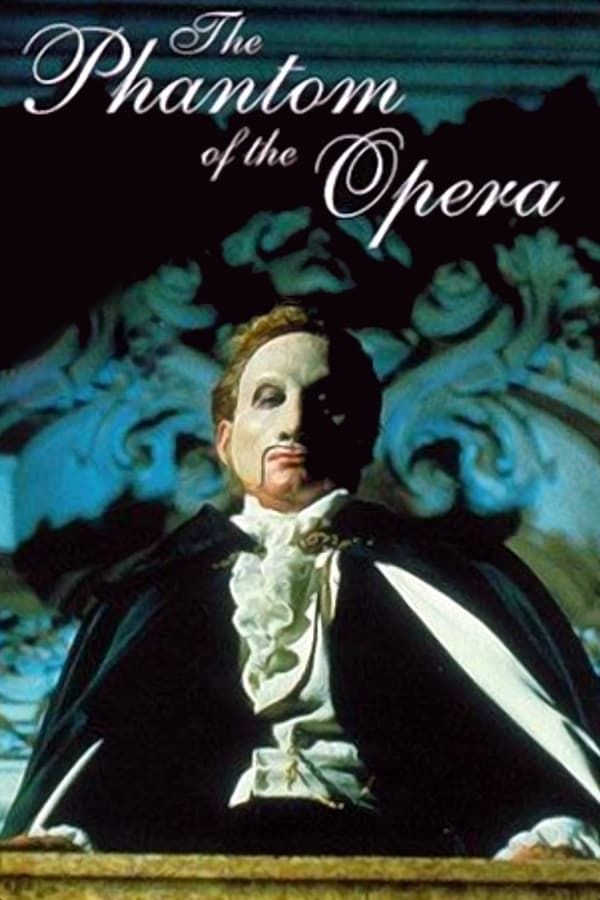
Count de Chagnie has discovered Christine's singing talent on a market place and sent her to his friend Carriere, the director of the Parisian opera. However just when she arrives Carriere's dismissed. His arrogant successor refuses to let a woman of low birth sing in his opera, but graciously employs Christine as gadrobiere for his wife Charlotta, who's installed as first singer. He also fights the phantom, an unknown guy who lives since many years in the catacombs below the opera and was granted privileges by Carriere. However the phantom knows how to defend himself and at the same time helps Christine to her career. The Phantom of the Opera is a 1990 NBC two-part drama television miniseries. It is adapted from Arthur Kopit's book for his then-unproduced stage musical Phantom, which is based loosely on Gaston Leroux's novel.
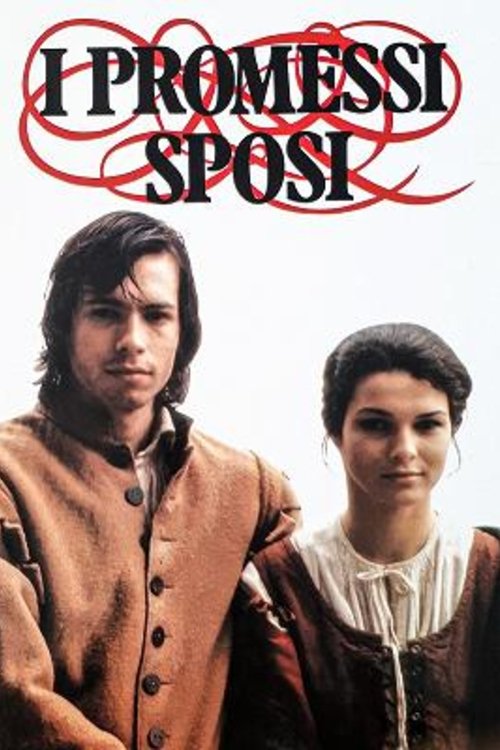
Set between 1629 and 1631. Renzo Tramaglino and Lucia Mondella are Lombard peasants forced to separate and endure a thousand vicissitudes because of the bullying of the squire Don Rodrigo. However, during their journey they will find various people willing to help them, from Friar Cristoforo to the Innominato, from Federigo Borromeo to Donna Prassede.

The amazing biography of legendary circus impresario and unparalleled showman, P.T. Barnum.
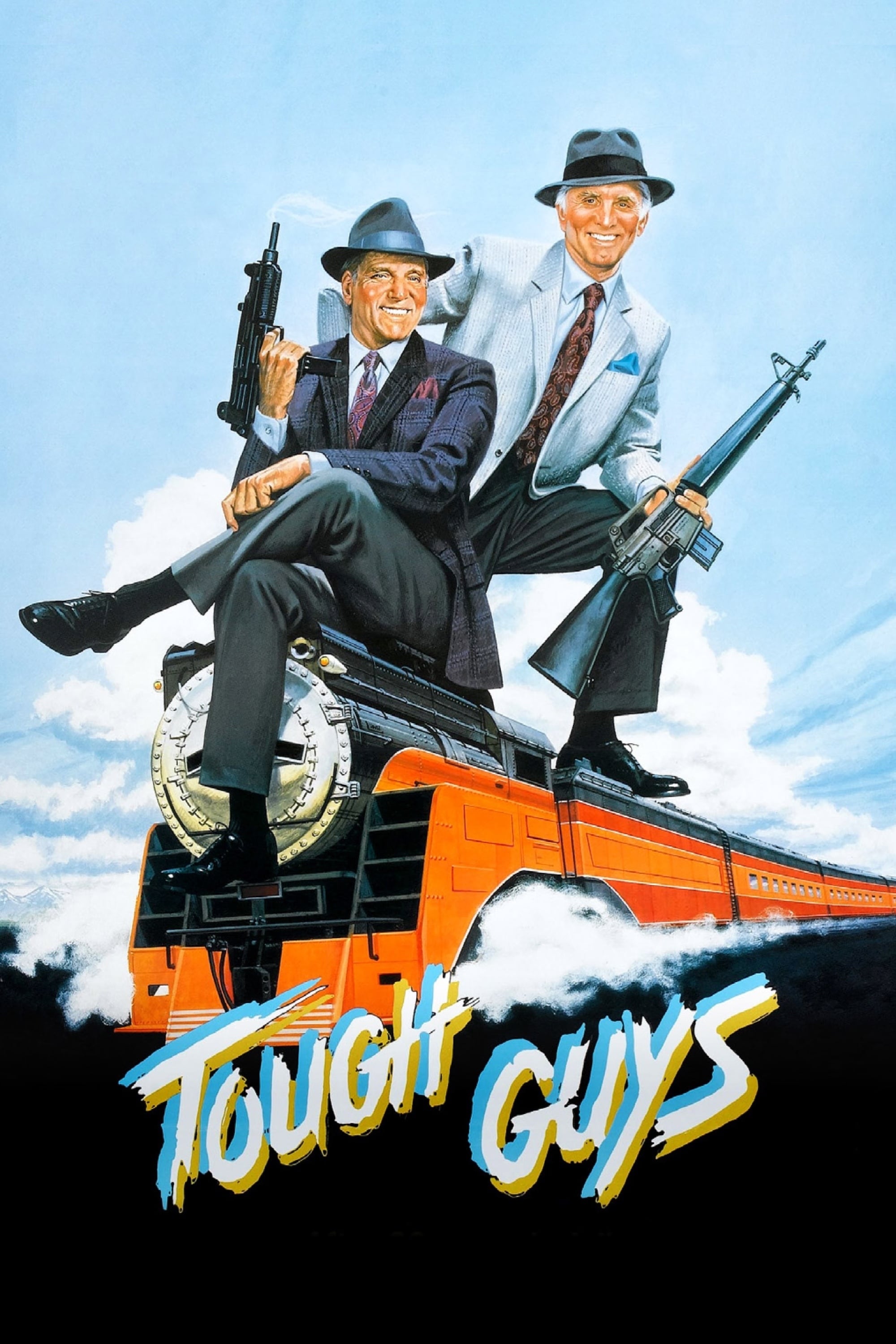
Harry Doyle and Archie Lang are two old-time train robbers, who held up a train in 1956 and have been incarcerated for thirty years. After serving their time, they are released from jail and have to adjust to a new life of freedom. and soon realize that they still have the pizzazz when, picking up their prison checks at a bank, they foil a robbery attempt.
Burton Stephen "Burt" Lancaster (November 2, 1913 – October 20, 1994) was an American film actor noted for his athletic physique and distinctive smile (which he called "The Grin"). Later he took roles that went against his initial "tough guy" image. In the late 1950s Lancaster abandoned his "all-American" image and came to be regarded as one of the best actors of his generation. Lancaster was nominated four times for Academy Awards and won once — for his work in Elmer Gantry in 1960. He also won a Golden Globe for that performance and BAFTA Awards for The Birdman of Alcatraz (1962) and Atlantic City (1980). His production company, Hecht-Hill-Lancaster, was the most successful and innovative star-driven independent production company in Hollywood of the 1950s, making movies such as Marty (1955), Trapeze (1956), and Sweet Smell of Success (1957). Lancaster also directed two films: The Kentuckian (1955) and The Midnight Man (1974). In 1999, the American Film Institute named Lancaster nineteenth among the greatest male stars of all time. Description above from the Wikipedia article Burt Lancaster, licensed under CC-BY-SA, full list of contributors on Wikipedia.
By browsing this website, you accept our cookies policy.